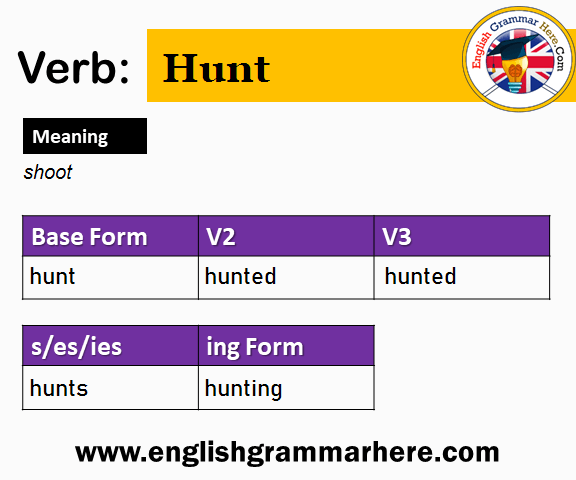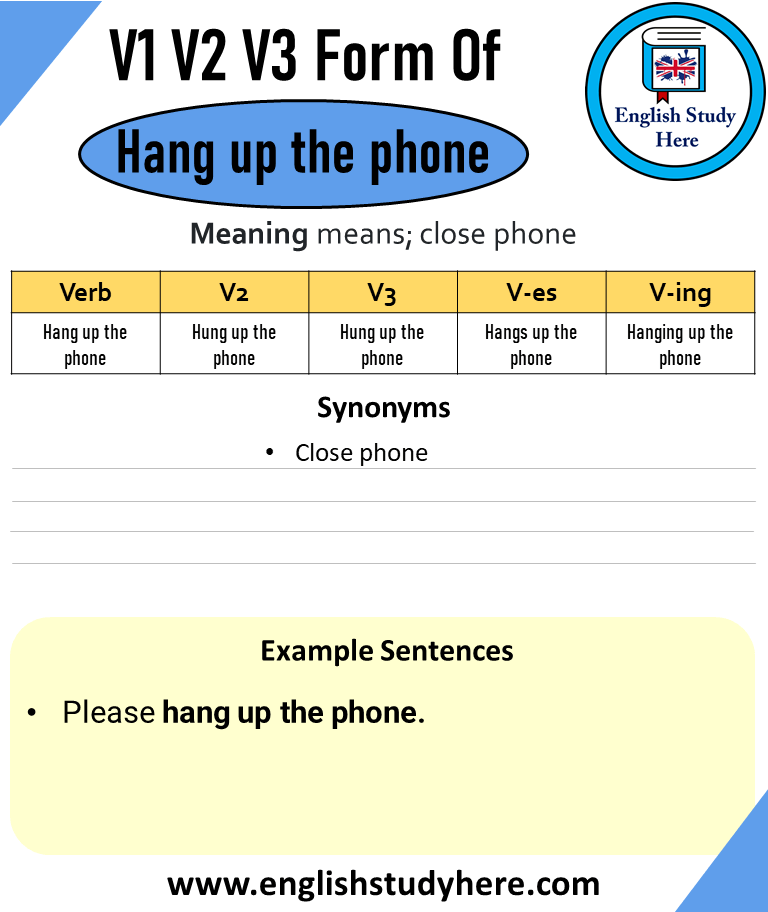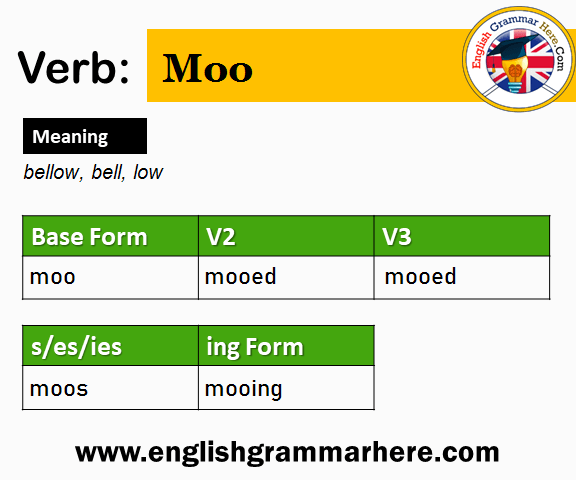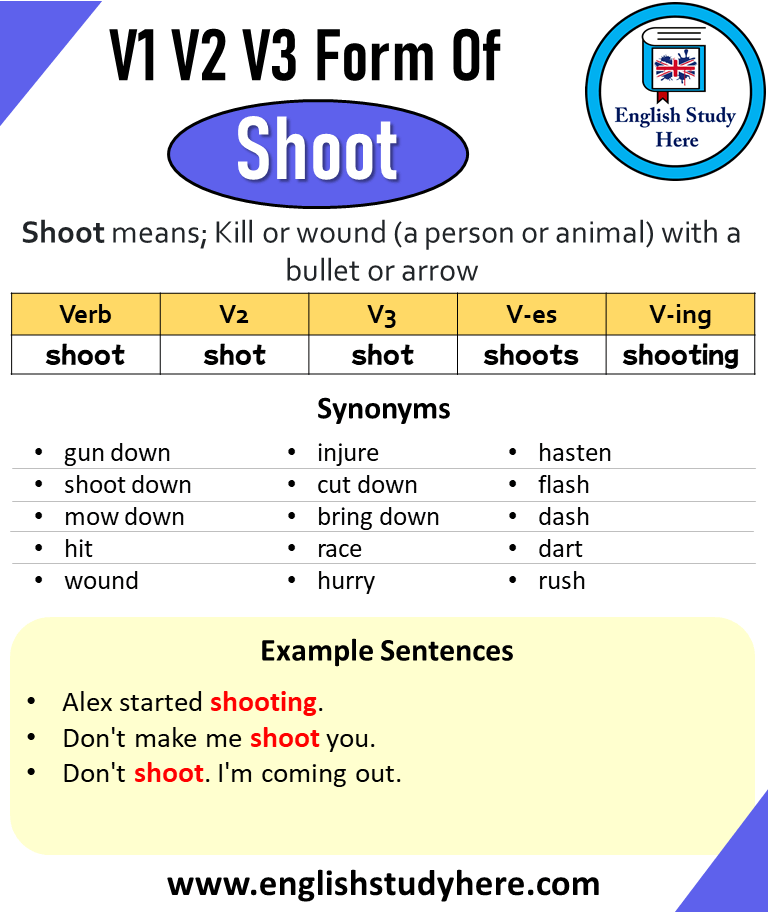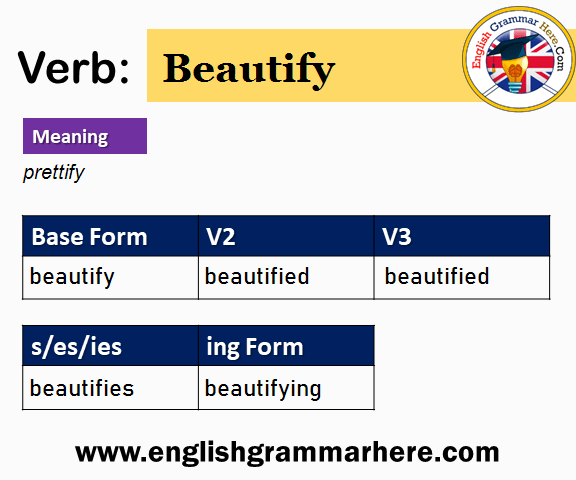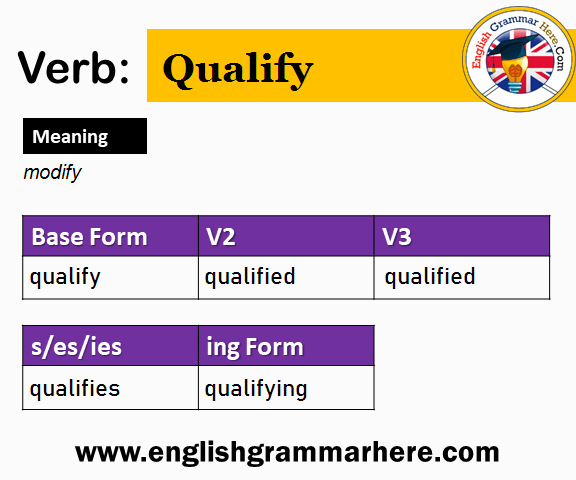Hunt Past And Past Participle Form V1 V2 V3 V4 V5 Form of Hunt
Are you looking to master the English language and polish your grammar skills? Understanding verb forms is a fundamental step in achieving that goal.
One verb that often piques curiosity is “hunt. ” Knowing its past and past participle forms, as well as how it conjugates in various situations, can significantly enhance your command over English. But why should you care about the different forms of “hunt”?
Because mastering these forms can elevate your writing, make your speech more fluent, and boost your confidence in using English effectively. Dive into this article to discover the V1, V2, V3, V4, and V5 forms of “hunt” and how they can transform your linguistic capabilities. Ready to enhance your English prowess? Let’s get started!
Hunt In Present Tense
Hunt is a word used often. In simple present, it is “hunt” for “I”, “we”, “you”, and “they”. For “he”, “she”, or “it”, we use “hunts”. This form shows action happening now.
The form “am hunting” or “is hunting” shows ongoing action. “I am hunting” means doing the action now. “He is hunting” means he is doing it now. Always use “are hunting” for “you”, “we”, and “they”.
For actions completed now, use “have hunted” with “I”, “you”, “we”, or “they”. With “he”, “she”, or “it”, say “has hunted”. This shows the action is done but affects now.
This form shows actions that started in the past and continue now. “I have been hunting” means the action started before and is still happening. “He has been hunting” means he started before and continues now. Use “have been hunting” for “we” and “they” too.

Credit: in.pinterest.com
Hunt In Past Tense
Hunt means to chase or search for something. The past tense is hunted. It is used when the action happened before now. For example, “Yesterday, we hunted for treasure in the park.” The word hunted shows the action is finished. This form is common in stories and history. It is simple to use. Just add “-ed” to the base word hunt. Easy, right?
The past participle is also hunted. Use it for actions linked to the past. It’s handy for perfect tenses. For example, “I have hunted for hours.” The word hunted tells that the action is complete. It’s the same as the past tense form. This makes it easy to remember. Always use the right form to make your sentences clear.
Hunt In Future And Perfect Tenses
In the future tense, we use “will hunt”. This means hunting that will happen. For example, “I will hunt for treasure tomorrow.” It’s a simple way to talk about future plans or actions.
The perfect tense uses “have hunted” or “has hunted”. It shows actions finished before now. “She has hunted in the forest,” means she completed hunting.
In past perfect, we use “had hunted”. It describes actions done before another past action. Like, “They had hunted before dinner.”
Future perfect uses “will have hunted”. It shows actions completed before a future time. “By evening, we will have hunted all day.”
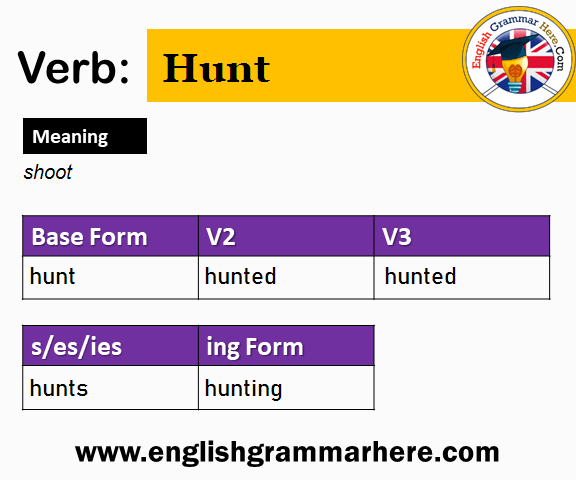
Credit: englishgrammarhere.com

Credit: englishgrammarhere.com
Conclusion
Understanding the forms of “hunt” helps in using it correctly. The verb changes to “hunted” in both past and past participle. Present participle is “hunting,” while “hunts” is the simple present. These forms improve your English communication skills. Practice using them in sentences.
This will aid in fluency and confidence. Always check context to ensure correct usage. Learning verb forms makes language learning smoother. Keep practicing. You’ll see improvement over time. Remember, consistent effort brings progress. So, keep practicing and observing. Your English will get better!
